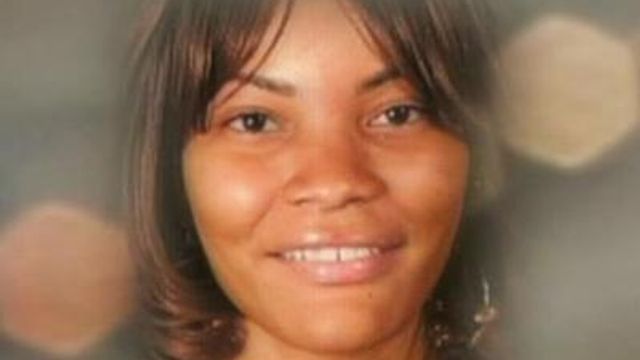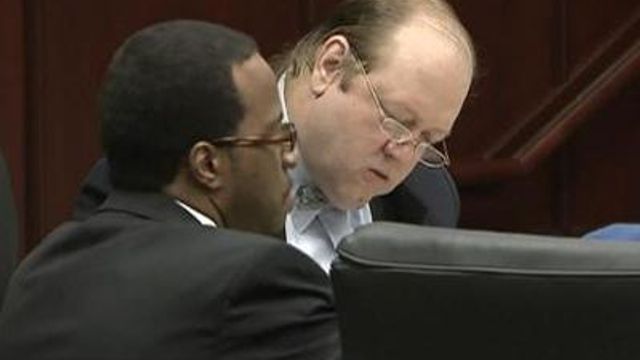Ex-pastor's fate in jurors' hands
Robert Reaves is on trial for the January 2008 slaying of Latrese Matral Curtis, a North Carolina Central student stabbed to death and left on a Raleigh interstate.
Posted — UpdatedDefense attorneys wrapped up Wednesday, trying to cast doubt on the state's case by saying evidence suggested Reaves' roommate at the time was more likely to have stabbed Curtis, 21, nearly 40 times in the head, neck, chest and stomach and leave her body along Interstate 540 in Raleigh.
Prosecutors argued during the nearly two-week trial that Reaves killed Curtis in a jealous rage because he considered her an obstacle to his sexual advances toward his roommate, Steven Randolph, with whom Curtis had been having an affair.
The jury, which began deliberations Wednesday afternoon, must decide whether the state presented evidence to prove beyond a reasonable doubt that Reaves killed Curtis. They have the option of finding him guilty of either first-degree or second-degree murder. First-degree murder involves pre-meditation, if even for a short time.
Jurors deliberated most of Thursday and also reviewed both Curtis' and Reaves' cell phone records. Deliberations are expected to continue Friday.
Reaves, who did not testify during his trial, told investigators he was not on I-540 that night and that no one else had his car.
The state presented testimony from a state trooper who identified an abandoned car along I-540 that morning as Reaves’. A DNA expert also testified that Reaves' DNA couldn't be excluded from evidence at the crime scene.
Defense attorneys pointed out, however, that it did not identify him as the match, either, and they suggested that it might have been transferred from Reaves' home through Curtis. They also pointed out that DNA evidence taken from beneath Curtis' fingernails did not match Reaves.
A knife discovered in Reaves' car nine months after the crime was never tested and never connected to Curtis' wounds, and defense attorneys implied that it was planted in Reaves' car.
Prosecutors scoffed at that argument, calling it nothing more than speculation.
Copyright 2024 by Capitol Broadcasting Company. All rights reserved. This material may not be published, broadcast, rewritten or redistributed.






